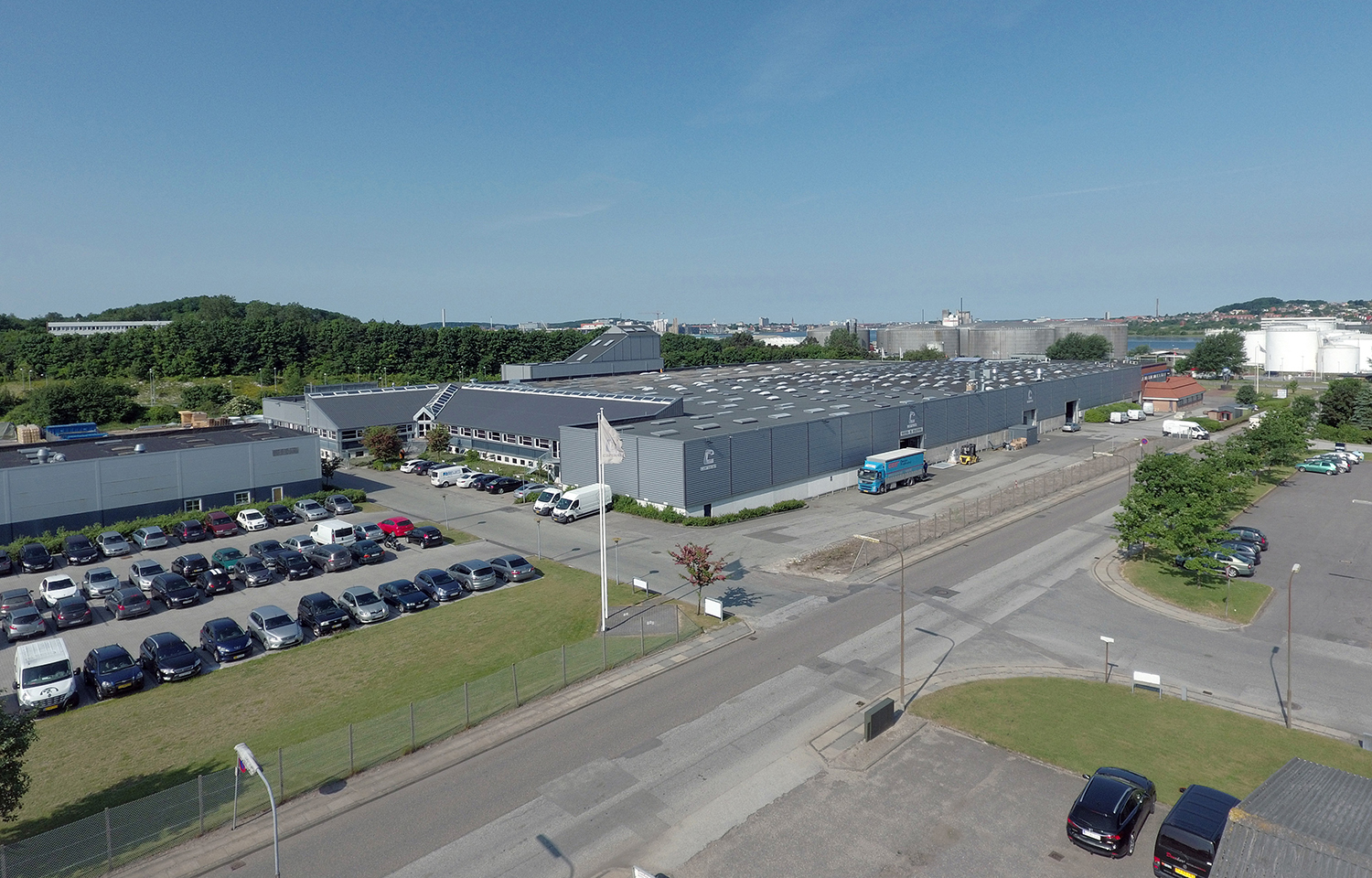SeafoodSource is closely following seafood processing and equipment innovation by compiling a regular round-up of updates from the sector.
- Seattle, Washington, U.S.A.-based seafood processing company Carsoe recently received a contract to provide advanced processing services to Nunavut, Canada-based Qikiqtaaluk Fisheries Corporation's (QFC) commission of its largest factory fishing trawler: the Saputi II.
”Carsoe was a natural choice for us as a trusted partner. We have benefited greatly from Carsoe’s service over the past several years as a partner on the first Saputi vessel. Carsoe has delivered a superior processing solution, efficient implementation, and experienced technicians, following up with a great spare parts and maintenance service and ensuring reliable and uninterrupted operations,” Qikiqtaaluk Corporation Owner Jerry Ward said in a release.
This comes shortly after Carsoe announced a finalized contract in December 2023 with Nelson, New Zealand-based seafood company Talley’s to construct a multispecies factory aboard a new vessel in New Zealand. The Talley's factory will come with a high degree of automation that allows for catch to be processed and quickly frozen on board.
“Automation makes the processing job easier for the crew,” Talley’s Project Manager Warren Harris said in a release. "When we compared the Carsoe design with others, we saw that Carsoe's design flowed a lot better. Also, their communication regarding the specifications and our requirements has been second to none.”
- Salt Lake City, Utah, U.S.A.-based food traceability firm ReposiTrak added four new seafood suppliers to its traceability network.
The names of the companies have not been made public, but they were described by ReposiTrak as:
- A family-owned and operated premium seafood company, proudly serving retailers for over two decades with an unwavering commitment to the highest quality and safety standards.
- One of the largest privately-owned retail frozen seafood brands in North America, boasting a global operational footprint.
- A third-generation, Massachusetts-based seafood supplier, renowned for delivering the highest quality products for over a century, with a steadfast commitment to sustainability in every aspect of their operations.
- A leading scallop company based in Massachusetts, offering an extensive range of both fresh and frozen scallops sourced from domestic and international waters.
The ReposiTrak Traceability Network allows members to efficiently exchange data elements for each "critical tracking event" in its supply chain.
“Seafood suppliers are required to provide food traceability information to their customers under FDA law. Compliance is possible through ReposiTrak," ReposiTrak Chairman and CEO Randy Fields said in a release. "These four new suppliers are already in the process of making the connections with their customers and reaching compliance before the FDA’s January 2026 deadline.”
- Duran, Ecuador-based shrimp farming, processing, and exporting company Omarsa, one of the world’s largest shrimp exporters, received a USD 20 million (EUR 18.6 million) loan from the International Finance Corporation (IFC) to expand its shrimp-farming operations.
The expansion aims to create jobs, boost the Ecuadorian economy, and allow for the development of a 536-hectare shrimp farm in the province of Guayas, IFC said in a release.
"Through this investment, IFC hopes to increase Ecuador's capacity to produce and export shrimp, contributing to job creation and economic growth. IFC will also support Omarsa to improve its environmental and social practices in line with IFC's performance standards and global best practices,” IFC Regional Director for Latin America and the Caribbean Manuel Reyes-Retana said.
- Birkerod, Denmark-based biotechnology and hydroquality company Alumichem was recently awarded the second largest grant ever from the Green Development and Demonstration Program (GUDP).
The project – in partnership with the country's Department of Aquatic Resources (DTU Aqua), Clean Matter, and Drying Matter – is targeted to improve recirculating aquaculture system (RAS) fish-farming to develop consolidated water-treatment systems that reduce emissions of nitrate, nitrite, and nitrous oxide.
“DTU Aqua, Clean Matter, and Drying Matter have been strong partners for us, and we are always happy to execute innovative and potentially disruptive projects with them,” Alumichem CTO Christian Bang-Møller said in a release. “This is an exciting innovation project because we are seeing the environmental discharge limits within RAS become tighter and more complex, and we want to be there to support our current and future clients.”
Photo courtesy of Carsoe







